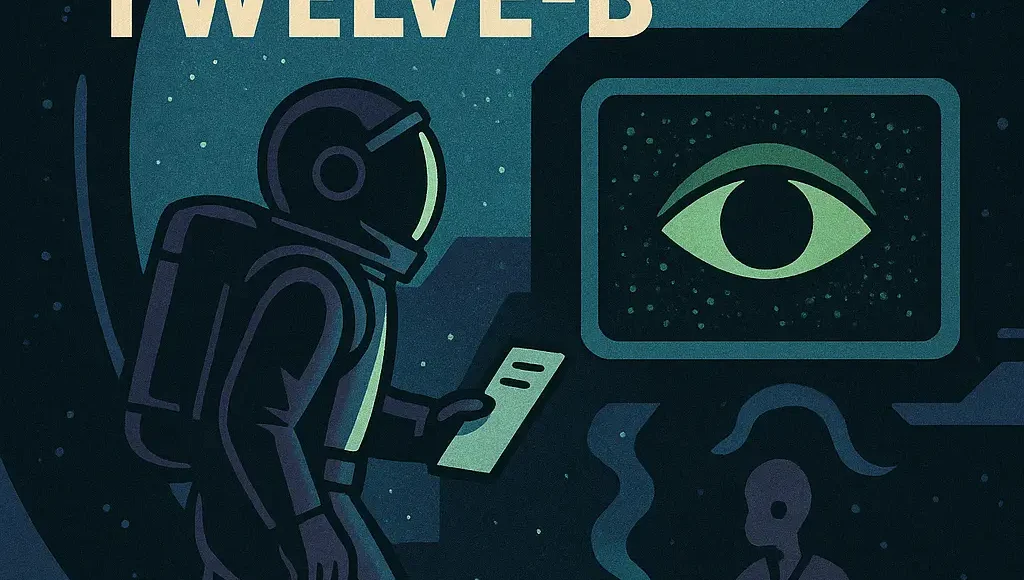Story Surgery: Oracle at Station Twelve-B

The most ambitious part of this story wasn’t the worldbuilding. It was the emotional architecture.
Writing a recursive identity loop—where the protagonist slowly realizes he is both the observer and the observed—meant keeping the reader disoriented but emotionally grounded. I couldn’t rely on dramatic reveals or exposition dumps. Every scene had to carry its own momentum, its own miniature resolution. The structure had to spiral inward, not upward.
There are no chapters. No clear breaks. That was intentional. I wanted the story to read like a slow diagnostic scan—searching memory blocks, unlocking sealed files, pulsing with increasingly unstable rhythm until finally, it resolves.
Technically, I used a lot of visual language to do emotional work. The lighting changes. The hum of the station. The smell of old citrus oil on gloves. These are anchors in a story where most characters exist as ghosts—recordings, echoes, fragments. Physicality became the emotional shorthand.
There was also the challenge of keeping the Oracle’s voice distinct. It couldn’t be too human—but it had to be just human enough to break your heart. The line “You were the first surprise I ever had” became my axis. Everything the Oracle was had to bend around that moment—where it admits not omniscience, but wonder.
The twist—that Adin was never separate from the Oracle, but its seedframe, its emotional stabilizer—had to land without melodrama. It had to feel tragic, quiet, and right. The final scenes don’t end with a sacrifice. They end with recognition. A reunion between self and system. Between creator and created.
The Oracle speaks again—but only because it remembers how to hope.
Writing Challenge
Write a story where the protagonist slowly realizes they are not who they believe themselves to be—not through dramatic memory loss or exposition, but through atmosphere. Let their sense of self degrade and realign entirely through environment, language, and implication.
Let the reader uncover them the same way they uncover themselves.
Questions for Reflection
What happens when a machine’s logic becomes too compassionate to function?
How do you tell a story where memory is the plot?
What are you asking your readers to feel before they understand?


